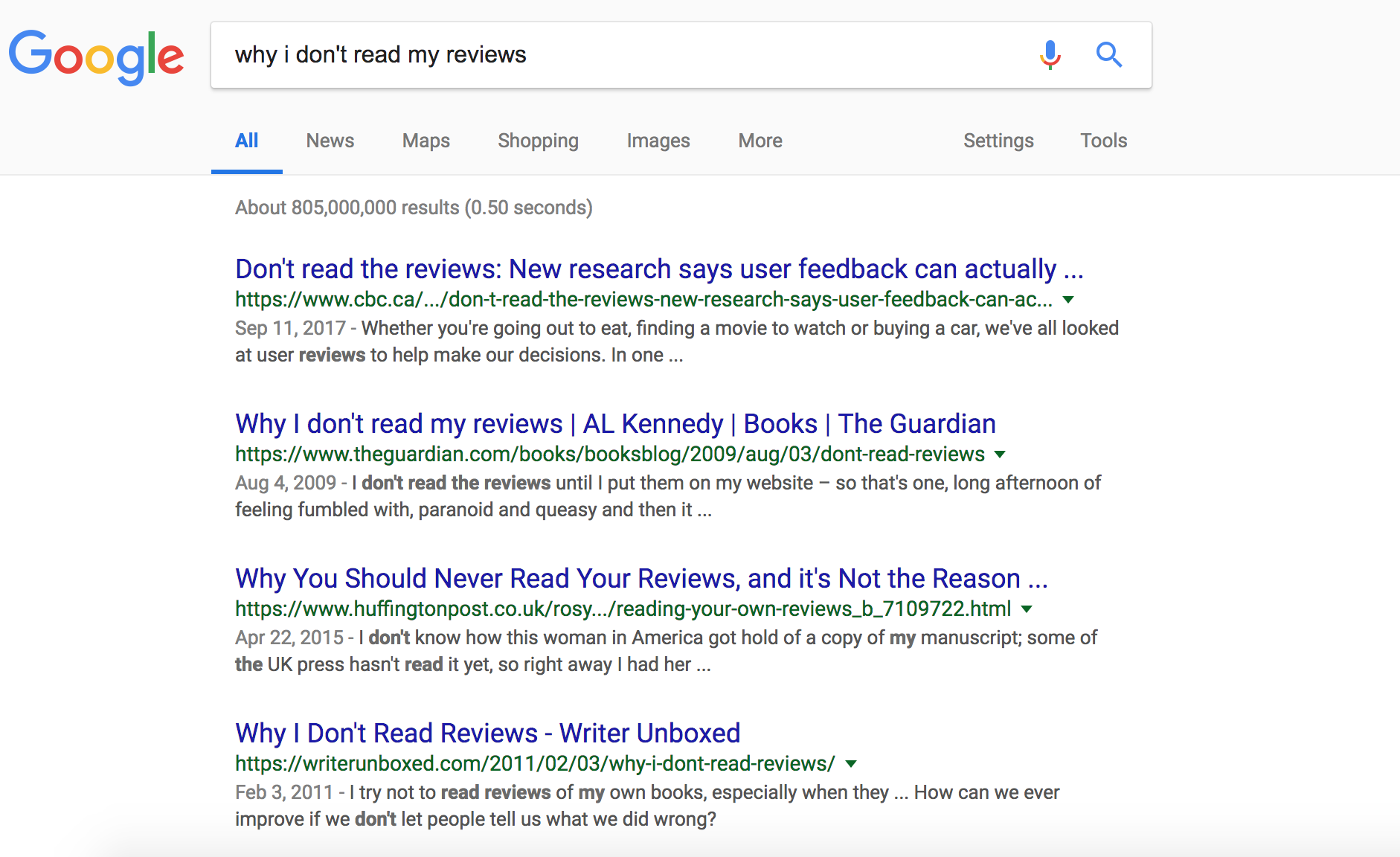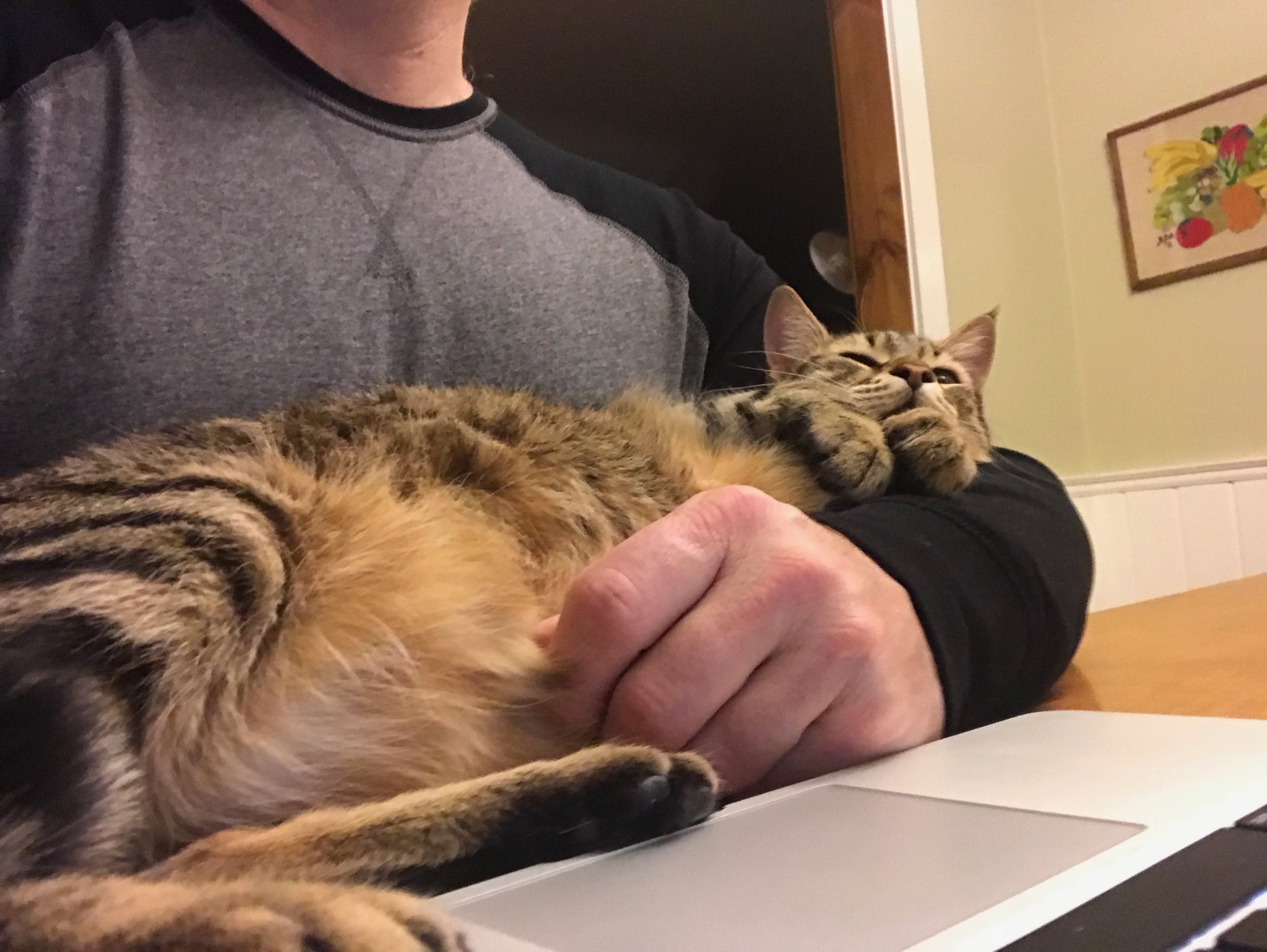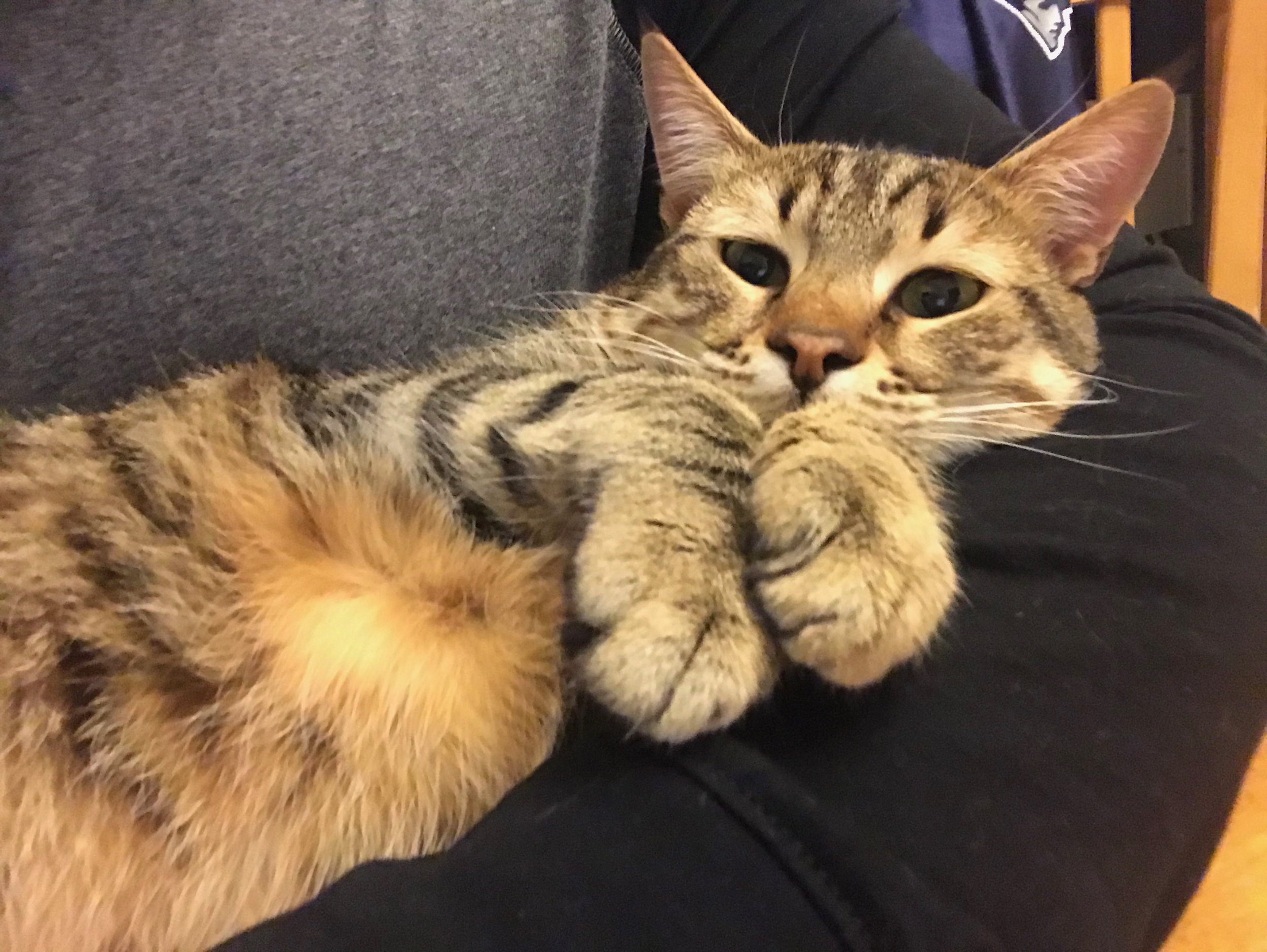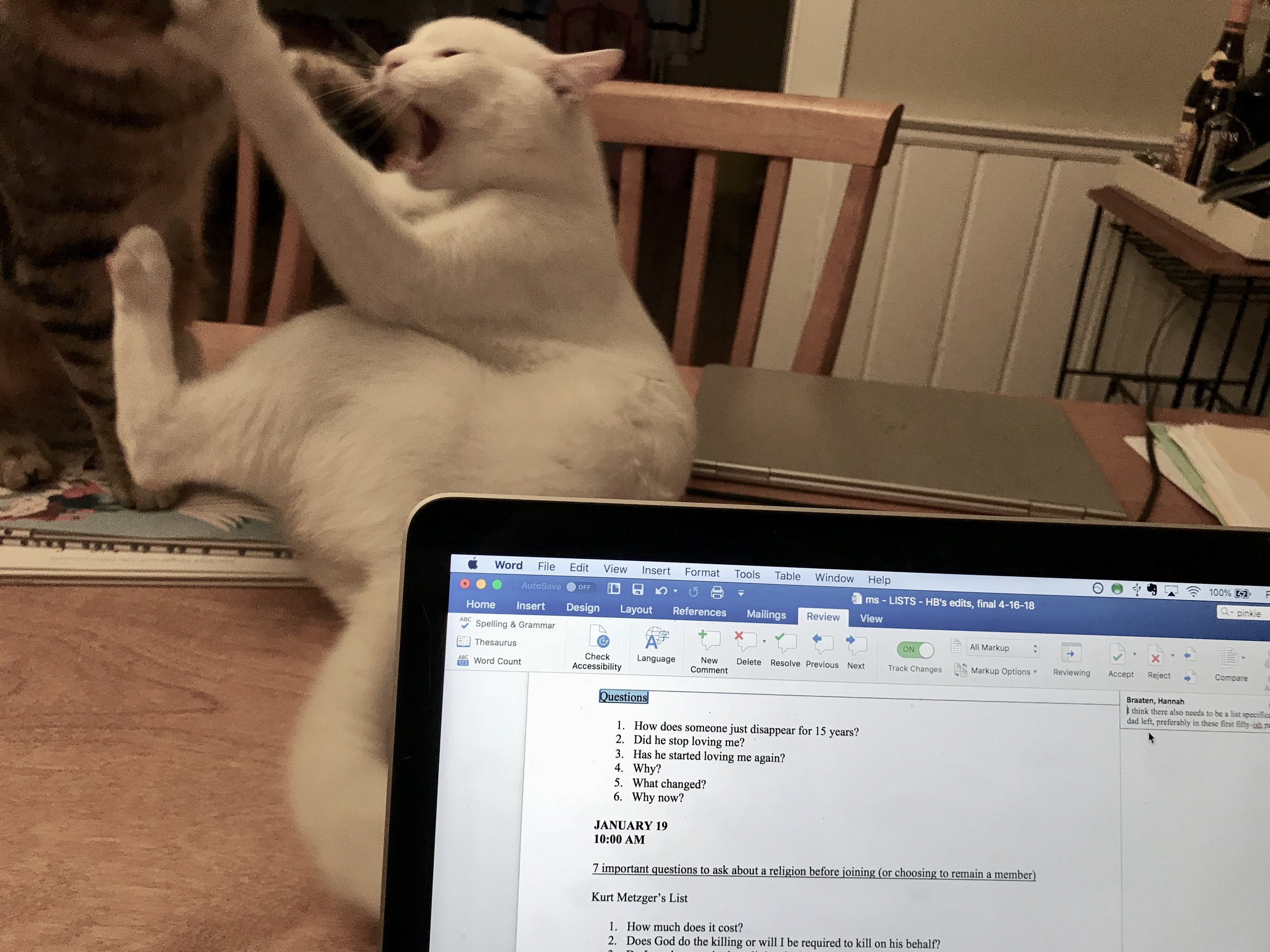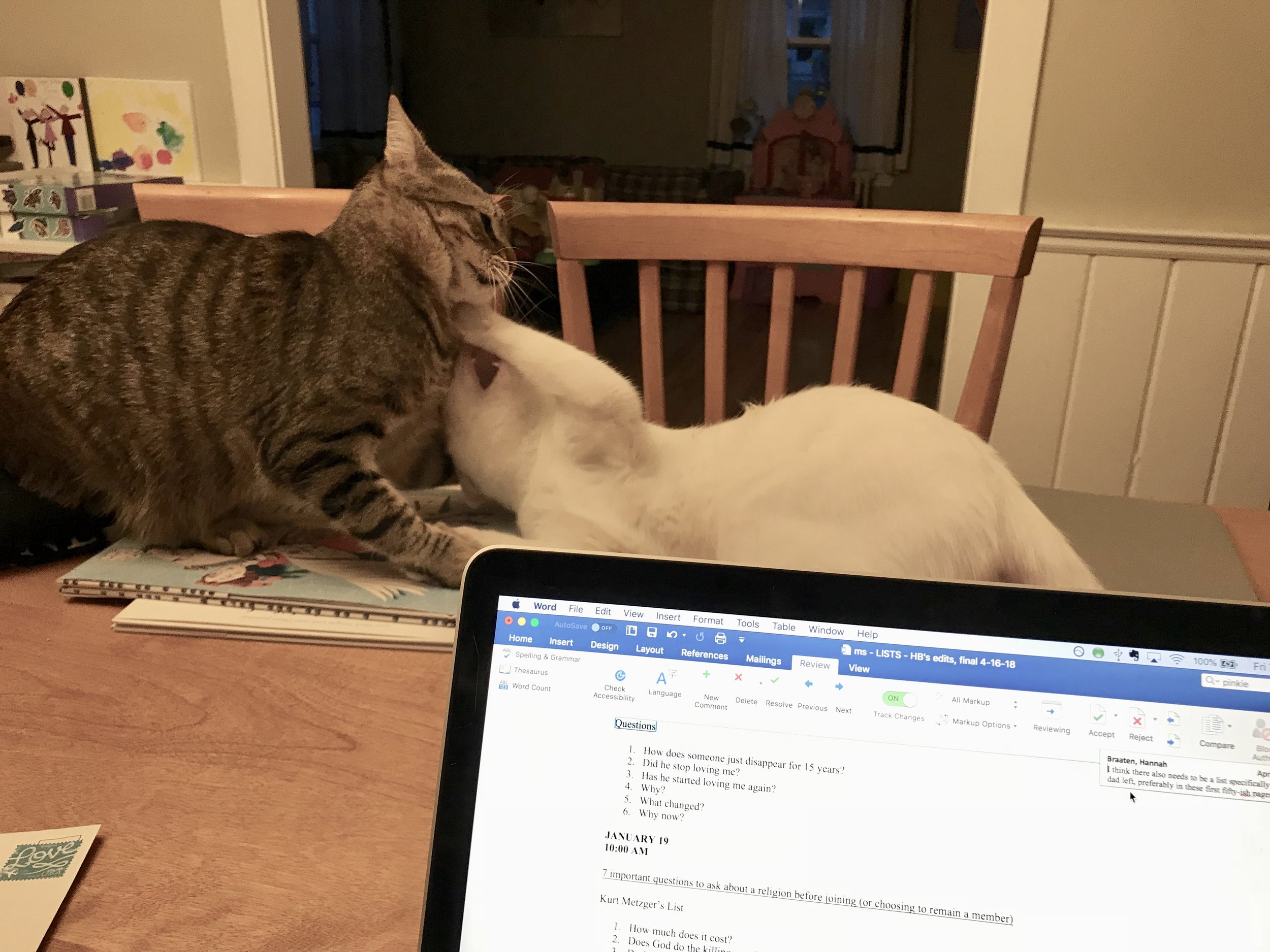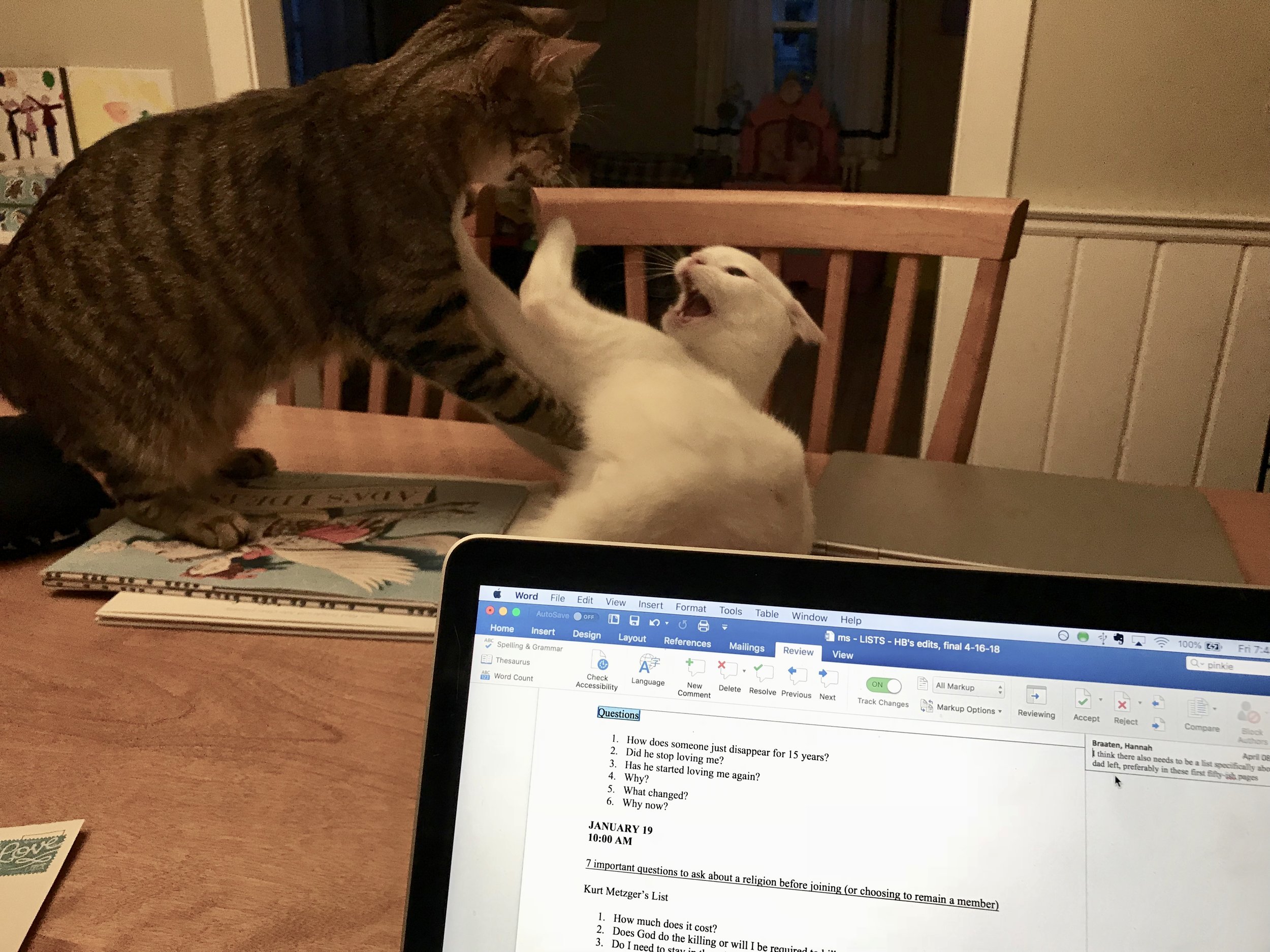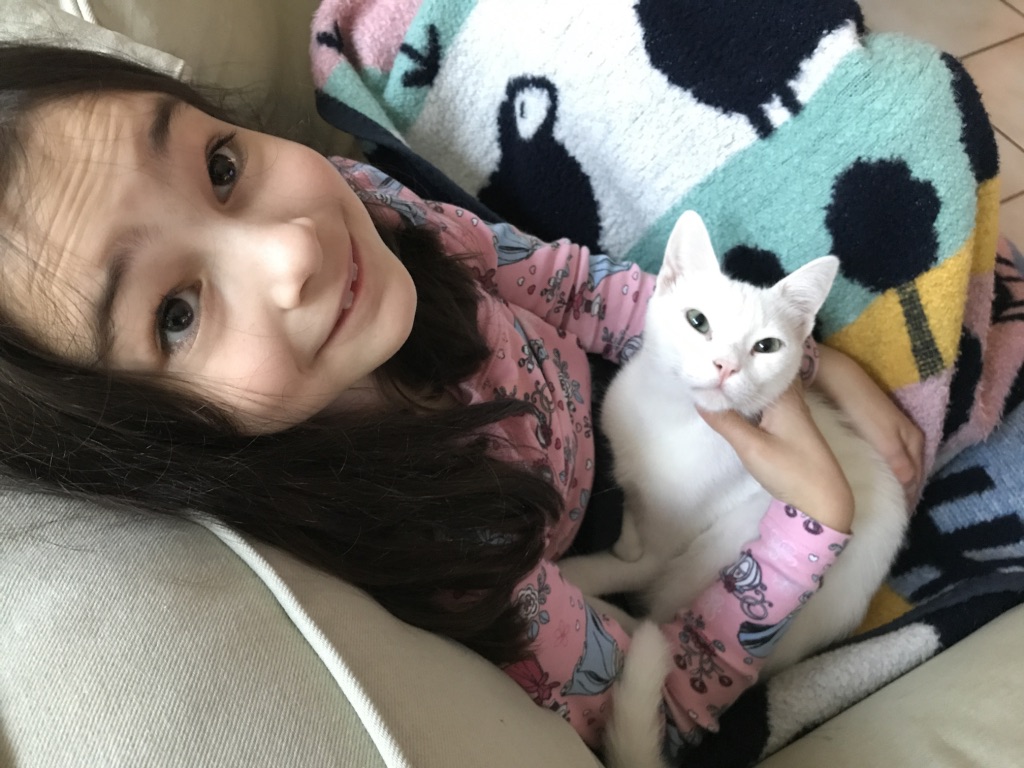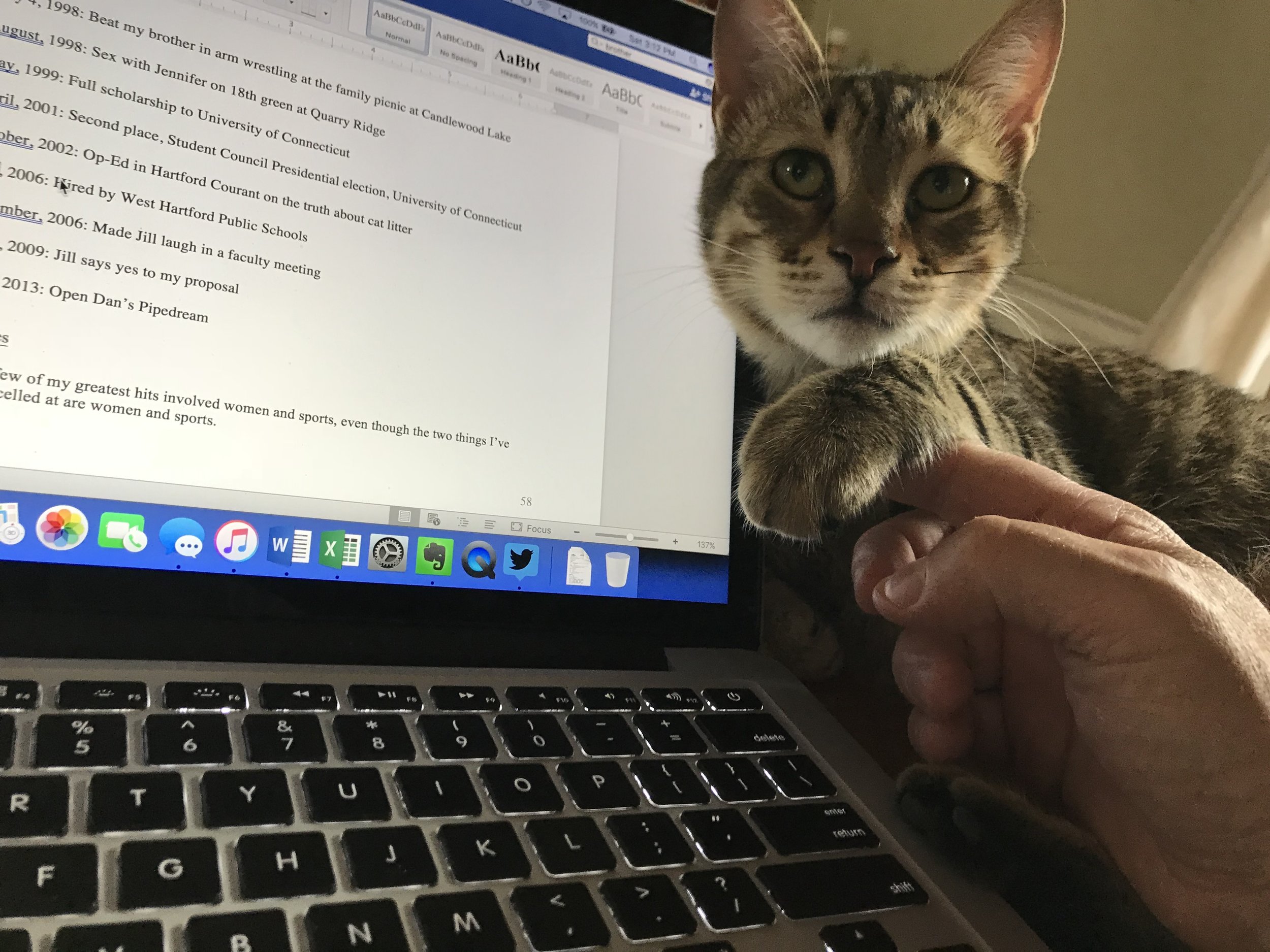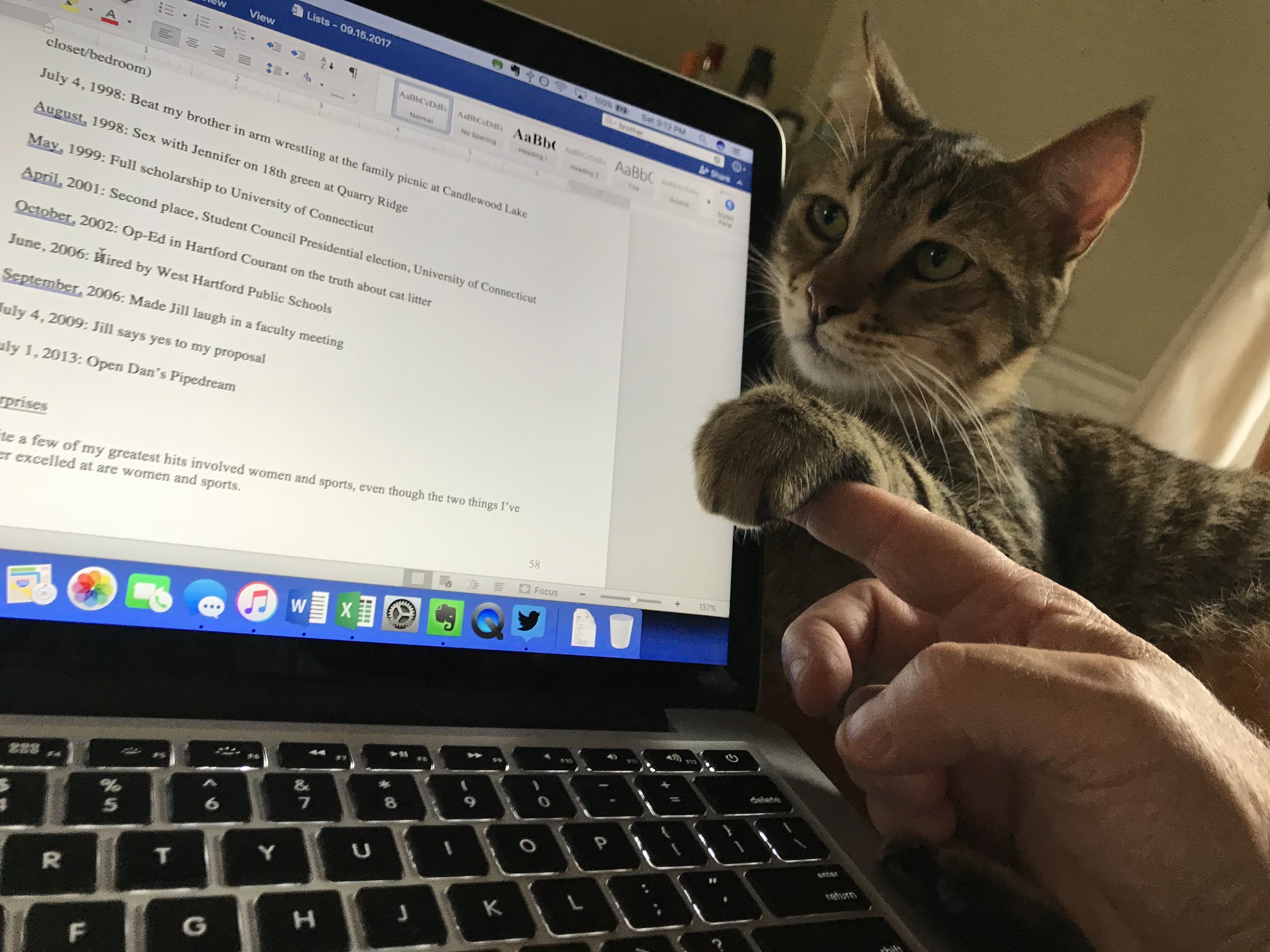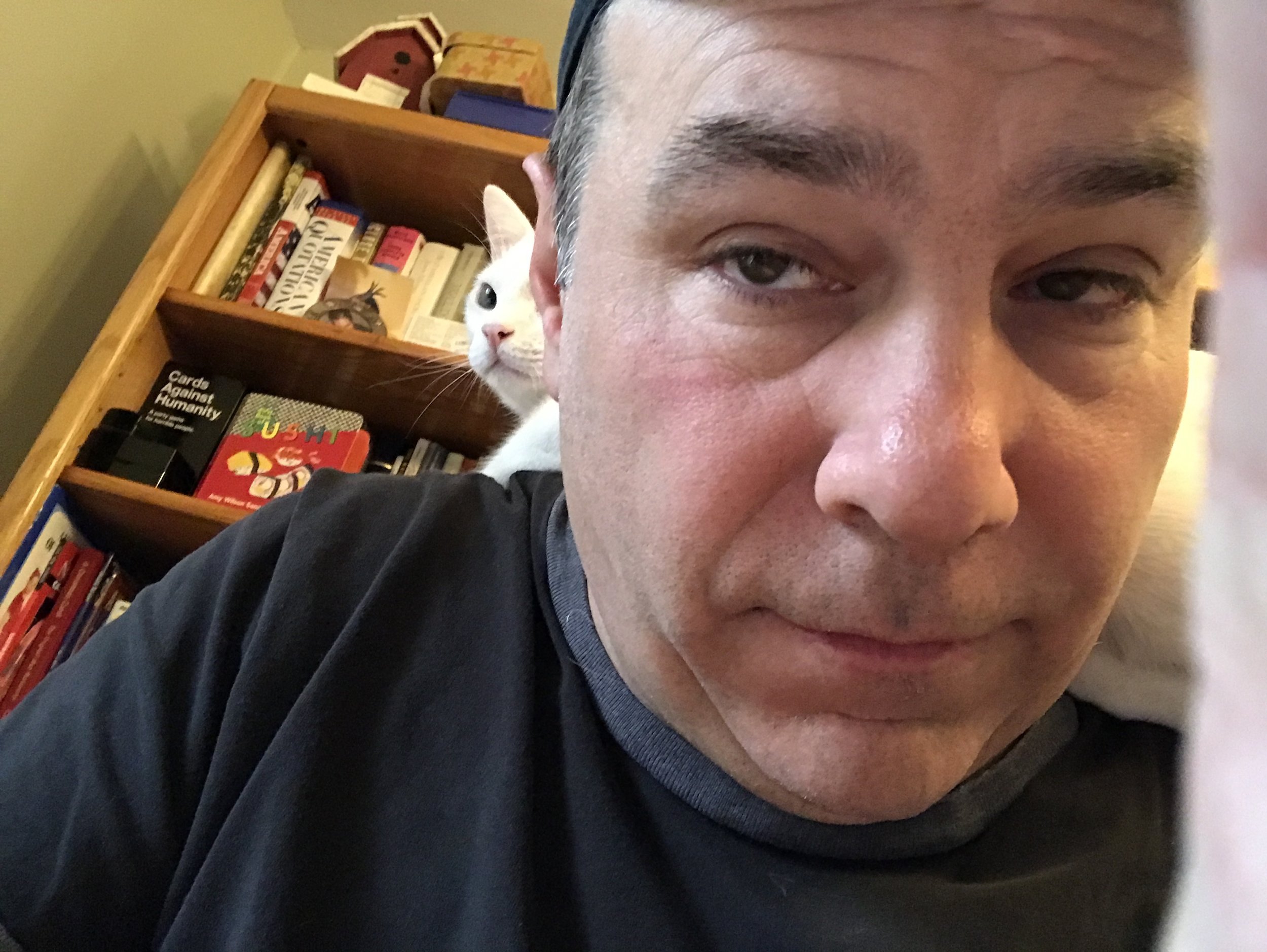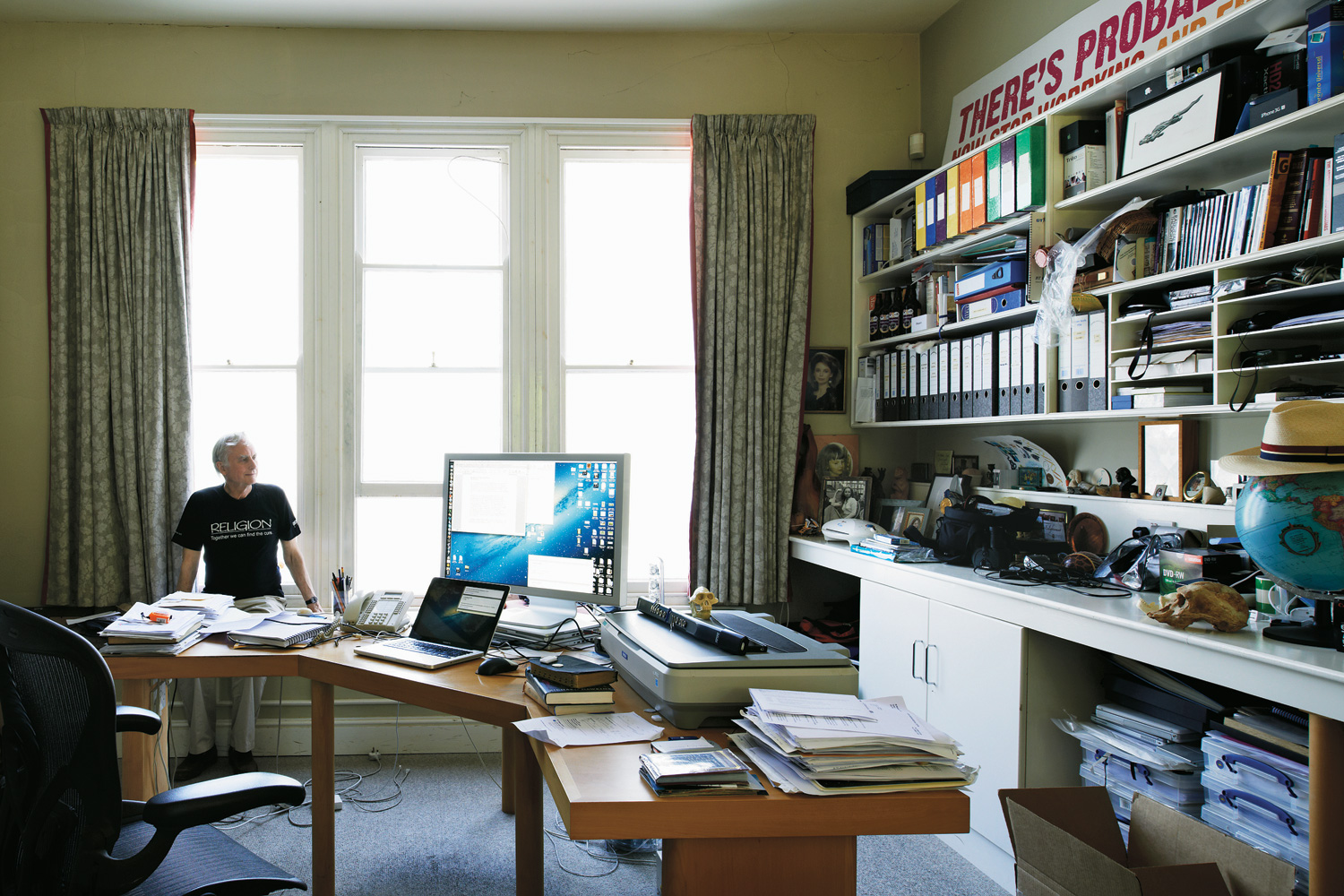I’ve been blogging since 2005. I have not missed a day, even when scumbag cowards attempted to derail my career by blatantly mischaracterizing what I write and portraying me as some crazed lunatic.
I hope they are still reading today.
I’ve shifted my blog to three different platforms and changed the name each time, but I also migrated the best content from each site onto this one, where I have blogging since November 18, 2008, and preserved the content from all three.
I’ve got it all.
I’m often asked:
How could you possibly have something to say every day for 14 years? More than 5,000 days of thoughts?
Part of the answer is there are many days when my post is a photo with three sentences essentially saying, “Hey! Look at this!”
But the truth is that I collect ideas, thoughts, and experiences and write about them when it’s most appropriate.
But this past week is a good example of the secret sauce.
In my blogging platform on SquareSpace, I have more than 70 half written, partially written, or unwritten drafts. Some are single sentences representing a thought I had to write about. Others are links to news reports and stories that I know will trigger a post from me. Still others are photos, graphs, or other images that will ultimately lead to a post.
The oldest of these drafts dates back to 2013 . A thought from six years ago, just waiting for me to finally expand into a post.
Yesterday, Friday, I wrote about memorizing poems. That idea was sitting in my blog folder since 2015 when I read Daliah Lithwick’s Slate piece on memorizing poetry and thought, “I memorized a lot of poetry, too. Maybe I can write about that.”
Four years later, a storyteller recites a poem during sound check at a Moth GrandSLAM, and I have an angle on this idea. It worked out well. About 6,000 people read the post on my blog, and hundreds of others saw it via social media and places like Goodreads, where my blog auto-sends.
This is an average audience size for a blog post.
It took four years for that idea to be realized. It’s been sitting there, waiting for me to find a way to unlock it.
On Wednesday, I wrote about people who say they don’t have enough time to same time. I wrote this idea down two years ago after the umpteenth person said something like this to me. I didn’t write about it then because I didn’t want to hurt the feelings of the person who said it, so I wrote it down for a later date.
It took me almost two years to return to it. I’m working on a proposal for a book on productivity, and the idea caught me eye because it aligns well to my current project.
On Tuesday, I wrote about a book idea I have about the last time we do something important or special and how we rarely take note of it. I’ve had the idea for the book for more than a decade, and I’ve actually written about this idea before, but someone sent me the pole vaulting video attached to this post two weeks ago, and it triggered the idea for the post.
On Monday, I posted about the latest episode of our podcast. Though it’s sort of a day off for me in the blogging world, I also release a newsletter on Monday, so I need to produce fresh content there as well.
On Sunday I wrote about the decline of religion in America. I saw the data that morning while reading the news and wrote a post immediately thereafter.
On Sunday, I wrote about three strange photos I took in Vermont and described my recent trip there for work.
On Saturday, I encouraged readers to aggressively try new things by pointing out the remarkable variety of experiences I had during the course of the previous week thanks to my willingness to try storytelling in 2011.
It was my most popular post of the week.
In summary:
One idea had been percolating for five years.
Another had been percolating for two years.
One idea was triggered by a video that someone shared with me.
One idea was triggered after seeing recent data in the news.
Two posts were written based upon recent experiences.
One post announced the lasted episode of our podcast.
I also added three ideas to my list of drafts. One describes an encounter with another person that I need to wait before writing to avoid upsetting someone. One is a response to a comment made on my blog worth responding to. The third is a statistic about Internet use in America that I might have something to say about someday.
Not only am I a person who has a lot to say, but I’m a collector of ideas. Even if I’m not sure what I will write, I look for statistics, images, news reports, blog posts, and quotes from others that tickle my brain. Pique my curiosity. Stir an emotion inside me.
When I find one, I add it to my list of draft ideas. Those percolating ideas, plus autobiographical moments I experience daily, responses I have to current events, amusing observations about the world, and half-baked ideas form the basis of the blog.
I read a lot. I listen even more. I keep my eyes open. I keep my heart and mind open.
That is how I find my ideas. That is how I write a new post for more than 14 years without missing a day.
Of course, it also helps to be an opinionated blowhard with a lot to say.




